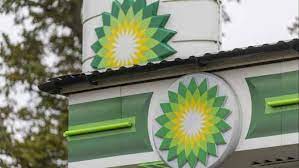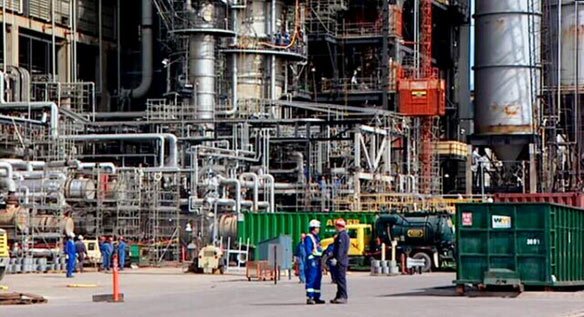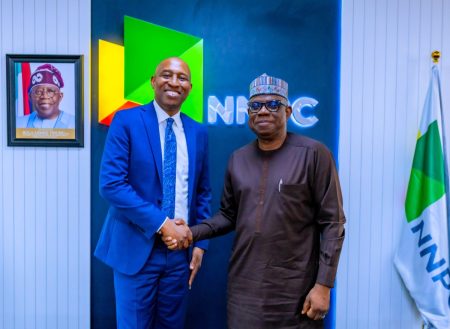The oil major plans to expand in low carbon energy in the coming decades as it seeks a long-term business model that can survive the global transition from fossil fuels. Some investors have criticised the strategy for taking BP’s focus from higher returns on oil and gas businesses.
But Anja-Isabel Dotzenrath, who leads BP’s renewables business, told Reuters it was “time to deliver” and seeking partners in Japan, one of the markets identified for growth, was part of the solution.
Earlier this month, she said the U.S. offshore wind industry was “fundamentally broken” after BP wrote down $540 million on its wind power projects offshore New York, blaming inflation and red tape that meant projects ran over budget and over time.
BP’s renewable partner Norway’s Equinor also took a related $300 million impairment, while Denmark’s Orsted, the world’s No.1 offshore wind project company, scrapped two local projects and suffered billions of euros of writedowns.
“Of course, inflation is not just an issue for projects in the U.S.A.,” she said. “We are also trying to reduce costs in other regions using various levers, for example through optimised purchasing strategies, which may also lead us to invest directly in the supply chain.”
PARTNERSHIPS IN WIND AND BEYOND
In the global offshore market, BP group is targeting three- to-five clusters of four-to-eight gigawatts each, Dotzenrath said, singling out Japan, where BP is likely to team up with local utilities.
“You need a Japanese partner, otherwise you can’t be successful there. You need one of the local energy suppliers to help you push ahead with the permitting processes and establish the onshore grid connection,” she said.
Dotzenrath, who steered the renewables business of Germany’s top utility RWE before joining BP last year, said partnerships were crucial to addressing a bottleneck that has also become a problem in the hydrogen sector, another area BP has prioritised for future growth.
BP does not produce electrolysers, which split water to produce hydrogen, but Dotzenrath said did not rule out greater involvement.
“This could mean, for example, that we’ll become an anchor investor in a leading technology manufacturer that is building a production plant for electrolysers,” she said.
Germany, which under Chancellor Olaf Scholz hopes for a major role in the nascent hydrogen market, is home to some of the industry’s top players, including Thyssenkrupp Nucera and Siemens Energy.
It is also where BP outbid local heavyweights BASF, EnBW and RWE in this year’s offshore wind auction, drawing criticism from rivals who fear they cannot compete with cash-rich energy giants.
“I can understand that other market participants would also have liked to win. But that’s the way life is – sometimes you win, sometimes you lose,” Dotzenrath said.
BP has said it plans to spend as much as $65 billion on renewables, hydrogen, biofuels and electric mobility between 2023 and 2030, accounting for half of the company’s investments by the end of the decade, compared with 30% in 2022.
Reporting by Christoph Steitz and Ron Bousso; editing by Barbara Lewis – Reuters
 Berlin/London —
Berlin/London — 


